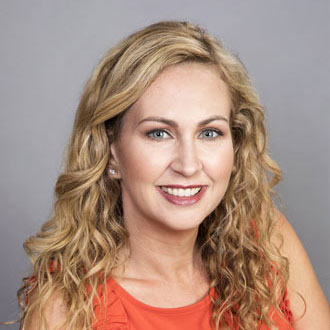
Are EDD Audits Random?
I receive many questions from taxpayers and businesses facing audits by the California Employment Development Department (EDD). One of the questions I hear a lot is whether these audits are random, and what a San Francisco business can do to prevent facing this process. Let’s look at what an EDD audit is, and whether this is random or specific.
The EDD state payroll audits occur when a San Francisco business has classified a worker as an independent contractor instead of an employee. This means the EDD can personally assess the business owner for “unpaid” payroll taxes because the EDD has determined that they believe these workers are actually employees.
The EDD makes this determination through something called the California ABC Test. This litmus test narrows an individual’s ability to be classified as a 1099 independent contractor, or if they must be classified as an employee.
The California ABC Test states that all three of the following questions must have a “yes” answer for an individual to qualify as an independent contractor:
- Is the worker free from the control and direction of the hirer in relation to the performance of the work, both under the contract and in fact?
- Does the worker perform work that is outside of the usual course of the hirer’s business?
- Is the worker customarily engaged in an independently established trade, occupation, or business of the same nature as the work performed by the hirer?
If you cannot answer “yes” to all three of the above questions, the individual must be considered an employee. The problem occurs when a business has classified the individual as an independent contractor when they should be considered an employee.
As such, an EDD audit is less random and more a result of improperly classifying employees. The EDD typically does not randomly select businesses to audit because the process itself starts with a contractor filing for unemployment. That trigger is what initiates the audit process.
One way to protect yourself and your business from harm resulting from an EDD audit is by ensuring that all classification of employees is done correctly during payroll taxes. In California, the payroll taxes are much higher compared to those of other states. Collection of these taxes falls to the California Employment Development Department (EDD), which takes charge of ensuring that payroll tax audits of companies and businesses are being carried out.
EDD audits can be confusing, especially when they involve a former employee or independent contractor and you’re not sure if the audit is random. Don’t try to make this determination yourself. The best thing you can do to protect your business is to speak to a San Francisco tax attorney with experience in EDD audits.
Allison Soares is a partner and tax attorney at Vanst Law. It doesn’t matter the issue: audits, collections, appeals, international disclosures, grumpy people— Allison enjoys fixing problems. In addition to her legal work, she has worked in accounting and utilizes that knowledge to her advantage while handling cases involving EDD audits.

